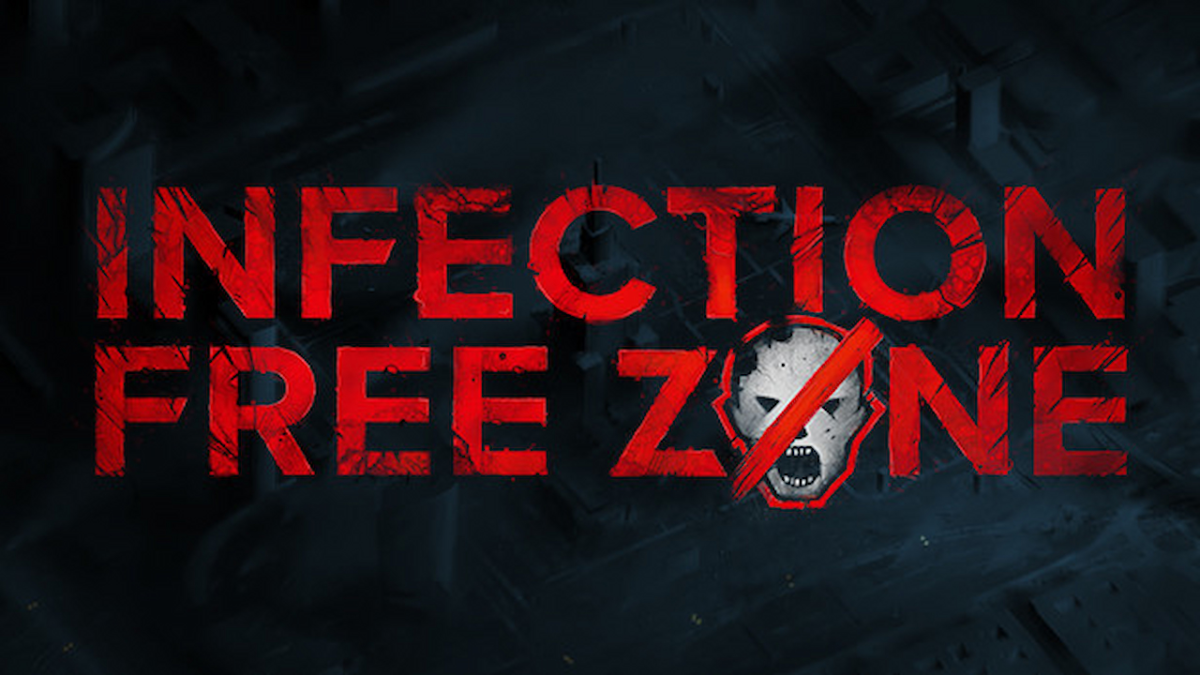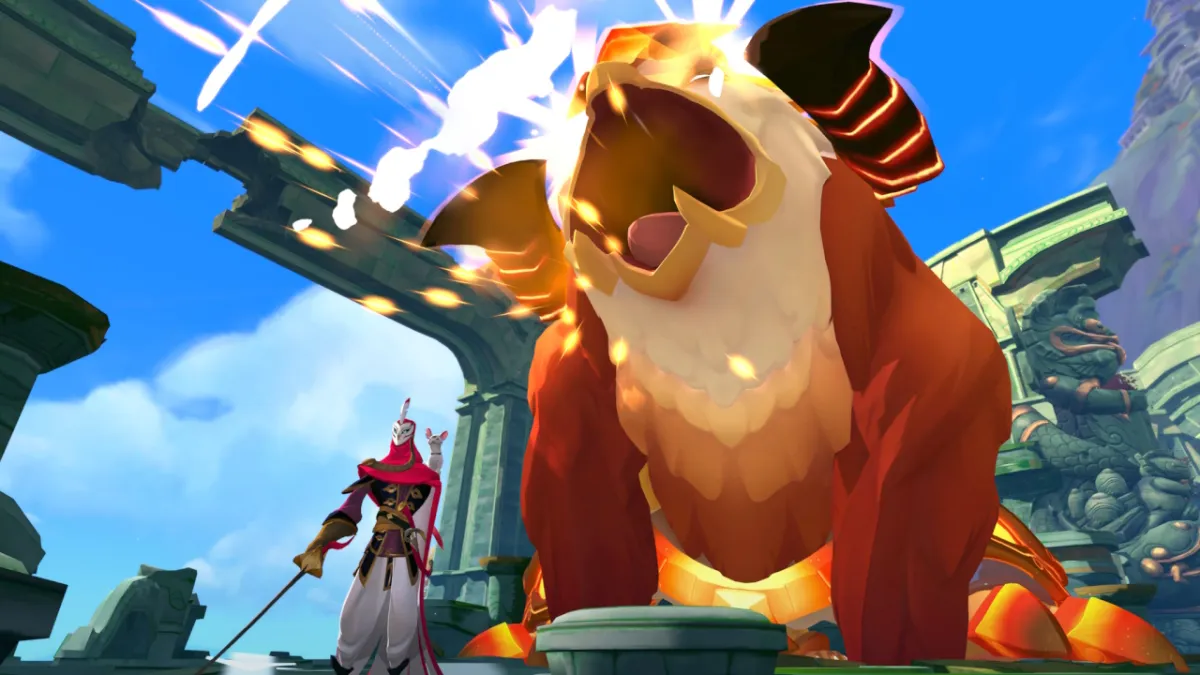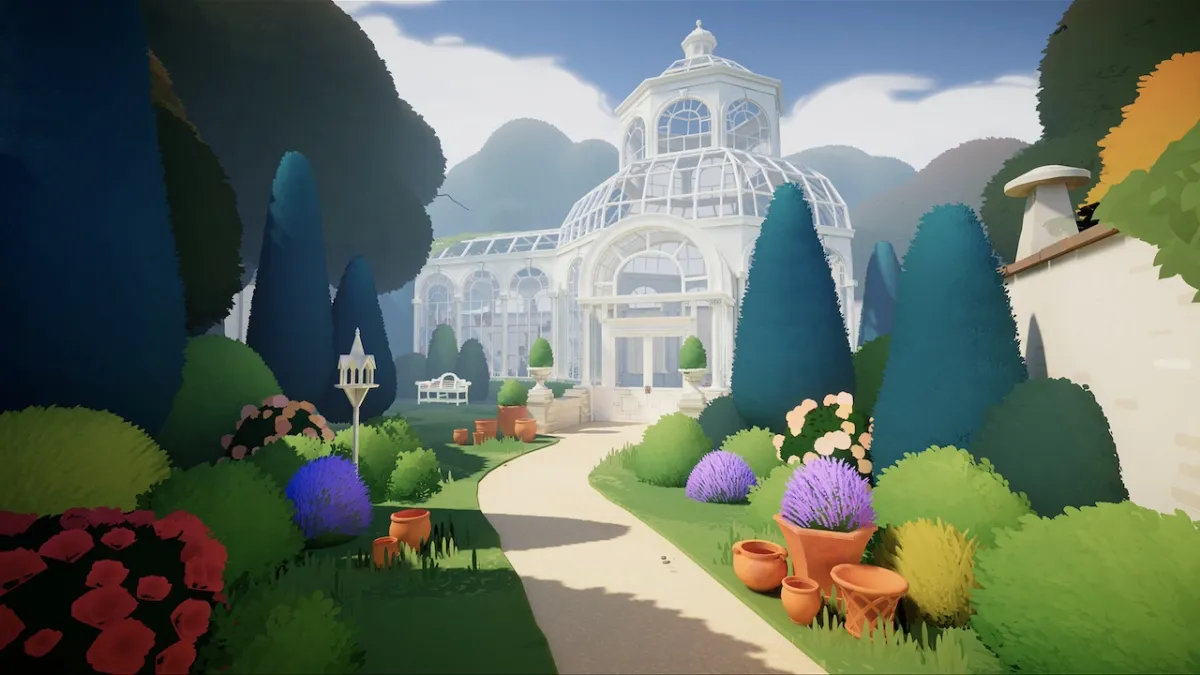It’s to Omerta: City of Gangster’s slight misfortune that its been released just as I’ve been playing through Firaxis’ XCOM: Enemy Unknown. The games really aren’t too similar, but it’s difficult to approach Omerta’s turn-based combat sections without having the tension and tactical hair-pulling of last year’s strategic triumph in the back of one’s mind.
In Omerta’s favour though, XCOM never let you mow down Ku Klux Klan members with a souped-up Tommy gun.

Developers Haemimont are probably best known for the revival of the under-praised Tropico series, and the bulk of Omerta’s dual-genre approach reflects this. Most of the time, your gangsterly gaze will be focused on top-down sections of 1920s Atlantic City. As in Tropico, each mission of the 15-20 hour campaign gives you a specific goal, be it to get your favoured mayoral candidate in power, aid a friend in establishing a new club, or overthrowing the local boss.
How you set about achieving said goal is somewhat up to you, at least within the parameters the strategic portion of the game sets out. Resources (in the form of beer, liquor and firearms) can be purchased or stolen from nearby businesses, or generated by establishing your own breweries in town. Once you have a supply of booze and weapons, you can then set up various underground sales outfits in the form of Speakeasies or illicit gun dealerships.
Setting up an economic chain of supply and a sales point to meet demand will generate cash to further expand your operations in town. In one of the game’s neater ideas, this money comes in both ‘dirty’ and ‘clean’ forms. The latter is earned by setting up more legitimate businesses (say, a pharmacy that also shifts your liquor on the sly,) and is necessary for certain actions like purchasing plots of land.

Getting things done on the strategic map is accomplished by assigning yourself (that is, the Boss) or one of your gang members to the task. Whether you’re renting a property, shaking down an informant or performing a drive-by to scare off some competition, your little goon will scamper out of the hideout and get to work. At first this system is a little slow, you only have access to a couple of gang members and have to just sit and wait for them to accomplish whatever it is you’ve set them to work at.
Once your gang has expanded to four (and, later still, to six) members, this becomes far less of an issue. If you have enough cash to throw around to tie up six gangsters with a task at once, the chances are you’re close to finishing the mission.
Certain building types (or upgrades to those buildings) and actions influence your gang’s ‘liked’ and ‘feared’ ratings, which in turn can affect the efficiency of your operations and open up new avenues of progression (such as easier access to information or discounts.) It’s actually possible to max out both the feared and liked meters and reap their rewards, which is a touch on the bizarre side and makes some missions far too easy. Having to balance out the prospective adoration and aversion bonuses through your building choices might’ve provided more of a challenge, and forced some tricky strategic decisions.

If you’ve played either of Haemimont’s Tropico titles, you should know what kind of tone to expect from Omerta. El Presidente’s outings walked a fine satirical line, pointing out the absurdities of a tiny island being able to manipulate the political paranoia of major global powers and poking fun at the grotesque arrogance of dictatorship. In Tropico 3’s ‘Absolute Power’ expansion it was possible to build a gigantic, golden rotating statue in your own image. That about sums it up.
Likewise, Omerta is far more Goodfeathers than Godfather, with an affectionate eye for all the expected beats of Prohibition-era America. That means corrupt coppers, alcoholic socialites and Sicilian gun-runners galore. Everybody has exactly the accent you’d expect, and every single Irish character is in a semi-permanent state of intoxication. That kind of broad stereotyping can get a little tiresome, but the tone and the look of the game (down to its early-Hollywood style portrait headshots for the characters) have, a few spelling mistakes aside, been pretty well handled.
That tone carries through to the look of each of the sectors of Atlantic City, which are populated by period motor-vehicles and civilians wandering the streets who produce tiny umbrellas when it rains. A suitably ‘roaring twenties’ soundtrack provides a jazzy accompaniment to your activities.

With so many of the aesthetics done right, it’s an unwelcome surprise when Omerta manages to botch something simple. The city looks great, but it’s entirely too static. Until the point at which you’re regularly purchasing land plots and building on them (around halfway through the campaign,) there’s really no visual feedback on the premises and joints you’re establishing.
Build an underground boxing ring in what appears to be a derelict building site, and it’ll still look exactly like a derelict building site. Now yes, a lot of these establishments are supposed to be hush-hush, but it shouldn’t be too much of a stretch to offer little visual nods and winks towards the way in which you’re influencing the city. Maybe Speakeasy buildings could occasionally have a drunken citizen staggering out of them, or bookmakers could have shifty characters heading in and out? When I put up a pizzeria as a front for my operations I should be seeing a pizzeria storefront; that’s the whole point of it.
Gang actions are reflected when you opt to do a drive-by, or firebomb a rival business, so it’s a shame that Omerta doesn’t manage to go the distance with your business operations. The problem affects the legitimate state buildings too. More than once I’ve seen a bank established in what, from the outside, looked like a cafe. This confusion of visual feedback is strange, incongruous and undermines a lot of the personality that the game otherwise works hard to establish.

During the course of each campaign mission, you’ll encounter both optional and mandatory chances to test your gang’s abilities in turn-based combat. These battles trigger when you (randomly) bungle a raid on a rival business, attempt something like a bank heist or when the story advances far enough to toss you into a firefight. Every mission has at least one such combat encounter, and usually two or three.
The 16 or so available gang members have different stats (which you can look over before hiring them) and can be equipped with a weapon of your choice, assuming you have it at your disposal. New and unique weapons can be acquired by getting cosy with deputies or fellow crime lords on the strategic map and are well worth the effort to get hold of. Each weapon type functions differently and has its own ‘abilities’ (pistols can deliver gut-shots that cause steady bleeding, while Tommy and shotguns fire in a cone,) so you’ll inevitably develop favourites as you get familiar with their functions.
Gangsters can also level up and acquire additional perks and talents for use in combat, but the way this functions is somewhat bizarre. Rather than levelling being based on any kind of mission performance, it simply happens automatically at sequential points of the campaign. This somewhat undercuts the motivation to embark on optional combat missions (because it’s extra risk with no reward,) and means that someone on your team who’s effectively been dead weight during combat will level up at exactly the same rate as your star man.
It’s … odd.

Also somewhat odd is Omerta’s approach to cover. It’s not nearly as important as in XCOM (your gang members can take a few shots and live,) but it’s still handy for keeping your team safe. That is, when you can find any, or figure out whether crouching next to a table will actually provide any protection against the guy 90 degrees to your side. Cover is also pretty stingy with how you’re able to use it. Some things, like crates, will let you crouch on any side. Others, like sofas, are for some reason very strict about which edge you can hide behind.
No matter what you do though, most shootouts end up looking like a 1920s tribute to Police Squad!
Sequence of movement is governed by the ‘initiative’ stat of a given character and Omerta adopts a split point system for movement and actions. Generally speaking you need to move before you perform any sort of action, but special abilities that subvert the turn order can give you a tactical edge.
Battles take place on a selection of maps that include prisons, mansions, breweries and a few other mission-specific locations. In the opening half of that game I only encountered a couple of repeats, but by the time you’re through you’ll be a bit too familiar with each locale. You’ll also be far too familiar with the vocal barks of your characters. They’re not lacking in quality (although I’m not yet sure if the Dandy’s deadpan delivery of “I’m … just … too … ritzy … to diiieeee” is hilarious for all the right or wrong reasons,) but they’re sparse in number.

The turn-based battles are functional enough, and offer some smart mechanics in the form of different weaponry and (with deft levelling) gangsters capable of specialised roles; but their main problem is the serious lack of threat. Playing on medium difficulty, I only ever lost a combat encounter in the early stages of the game. Once I’d got hold of some unique (and powerful) weapons, my boys were practically unstoppable. But even on the occasions where one of your gangsters does go down, all that happens is imprisonment (triggering another possible combat encounter) or a persistent wound that’ll go away in time for the next mission.
It’s a bit bothersome to have wounded gangsters, but since they can’t ever actually die you never feel the sense of foreboding or tension that XCOM provides. Twinned with the strange approach to levelling up, some weird cover mechanics and the lack of turn-based staples like an overwatch function or reloading, and it leaves the combat parts feeling a bit too flat and basic.
A multiplayer option appears to offer one-off four-vs-four battles and a path for unlocking new gang members and guns linked to earned money, but in this pre-release code I was unable to find any opponents. There’s a co-op option too, but this only offers two stand-alone combat missions.

Outside of the single player campaign and one-off multiplayer matches, Omerta also has a sandbox mode. This allows you to launder and swindle your way to glory on four static maps (though special building locations are randomised,) but feels a bit redundant. You’re effectively just playing a campaign mission with the general goal “take over the neighbourhood.” Without a proscribed purpose, and without enough levels of visual feedback, the sandbox probably has a somewhat limited lifespan.
When it’s on point, Omerta is as full of mobster personality as Tropico 3 was filled with charming dictatorial hijinx. The strategic city portion is a diverting, thematically rich pursuit that’s a little lacking in visual feedback and suffers from being too generous with its paths to success. Turn-based combat has some clever ideas, but the execution is sometimes half-baked and battles are rather lacking the urgency and threat inherent to mobster shoot-outs.
Omerta is not a title I have plans to revisit, but the single player campaign had a definite spark to it that kept my attention. My advice: keep an ear to your digital download platform of choice and wait for it to make you an offer you … well, you know.




